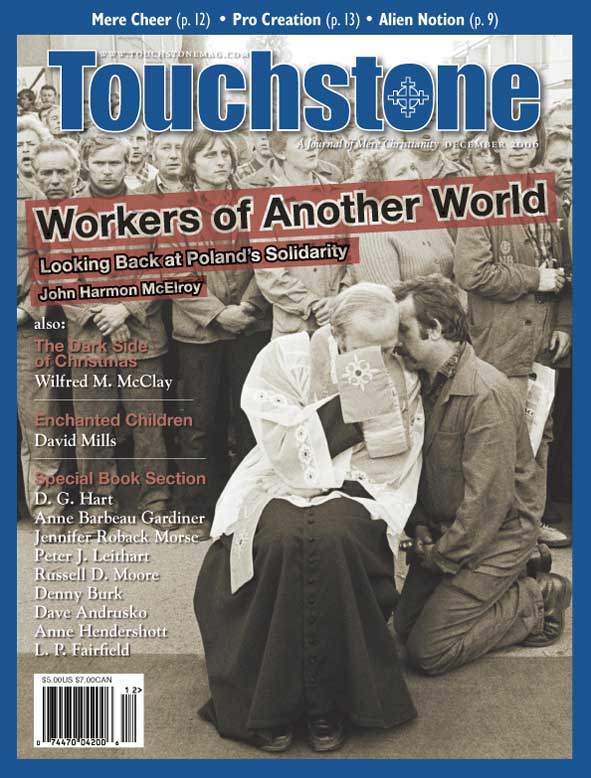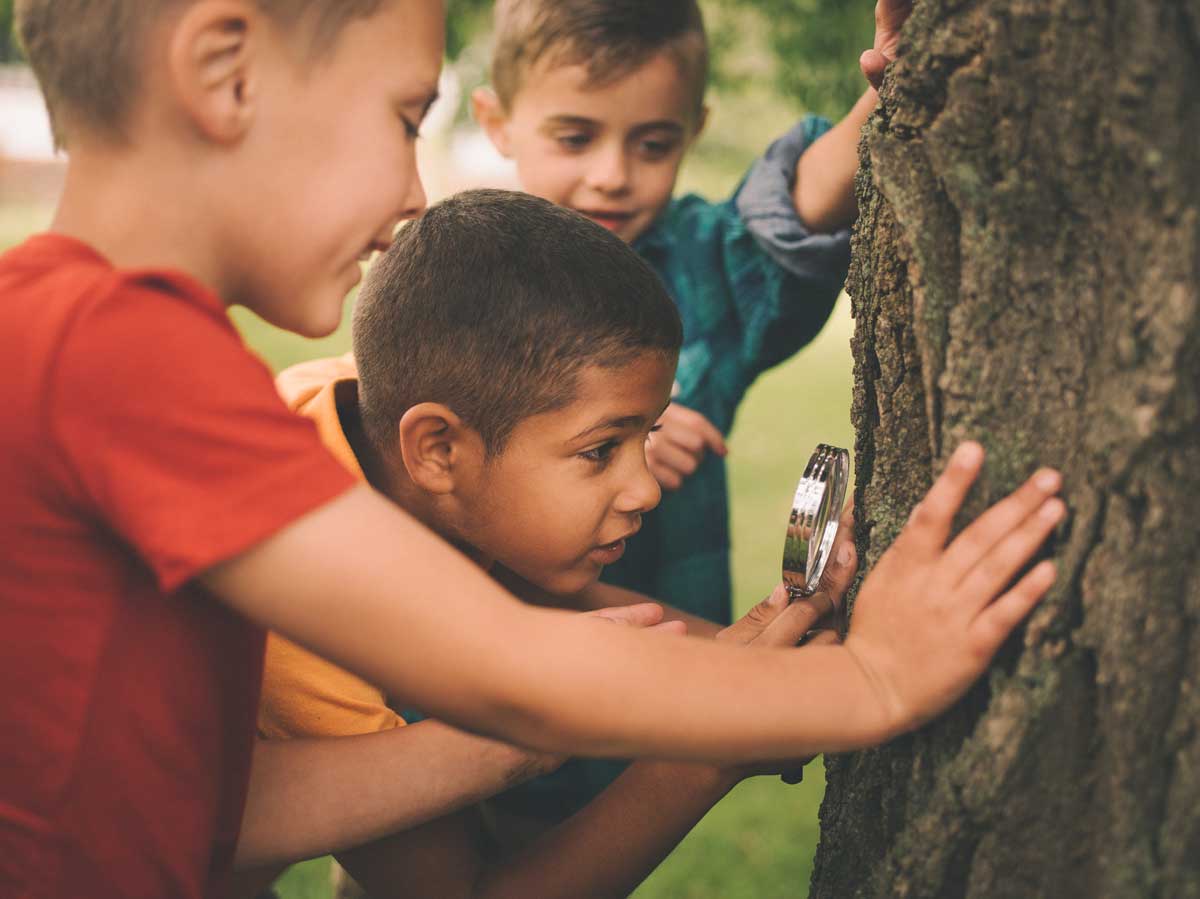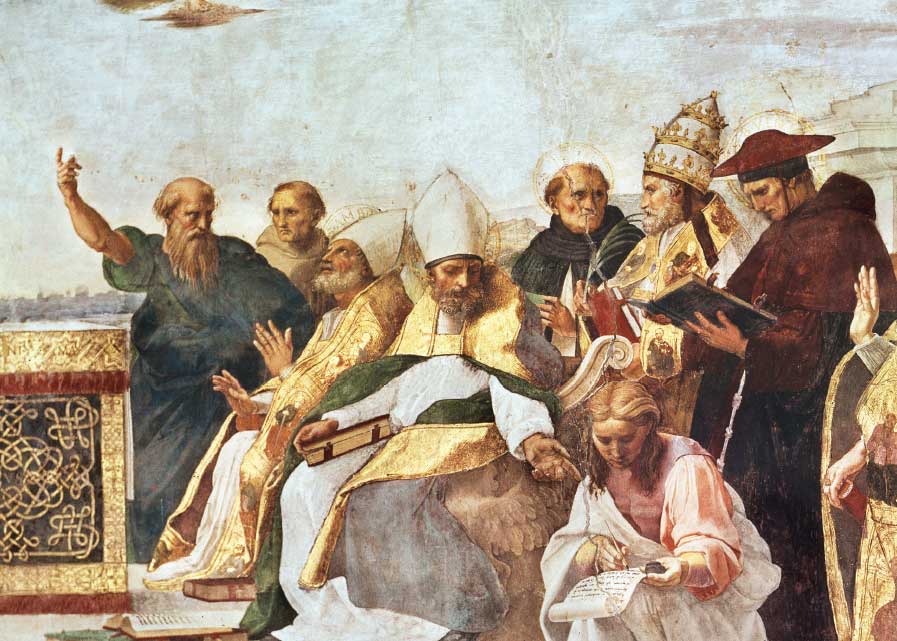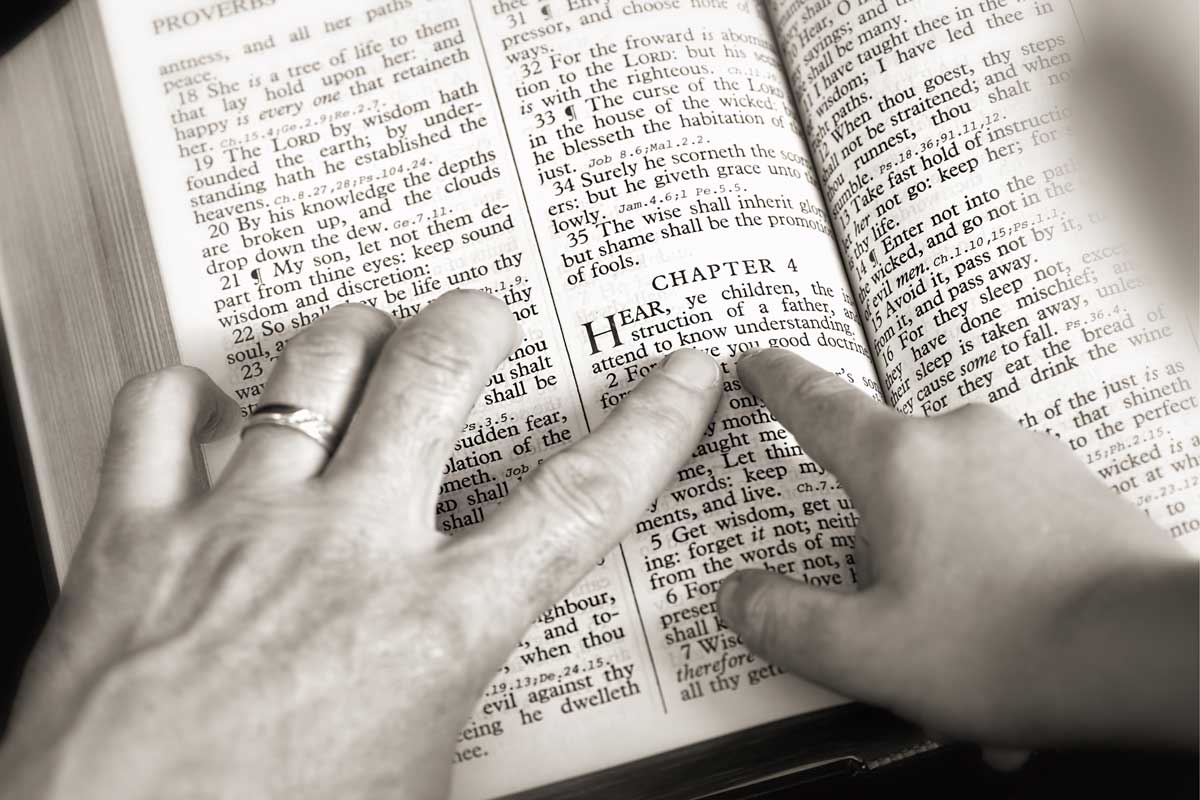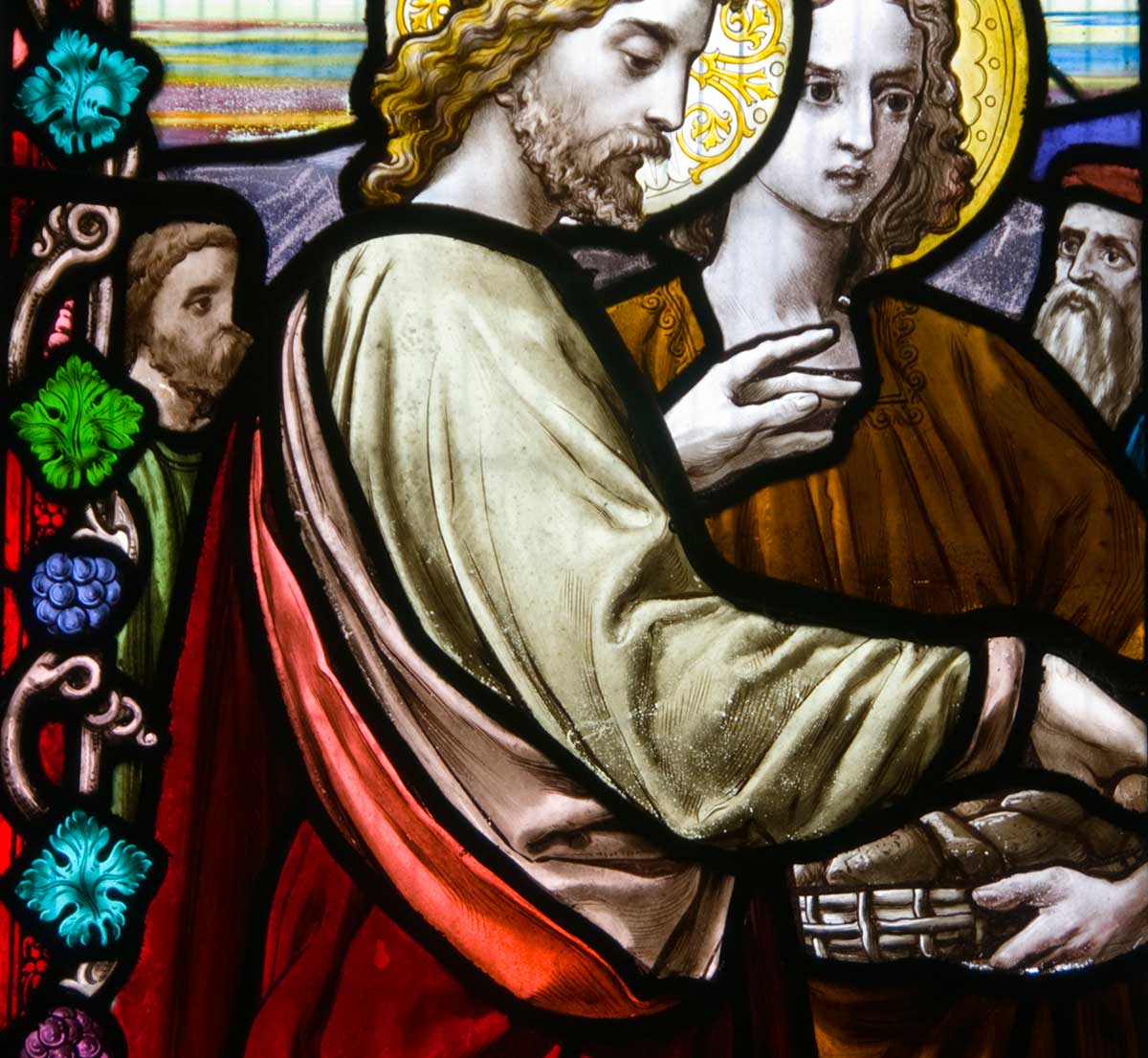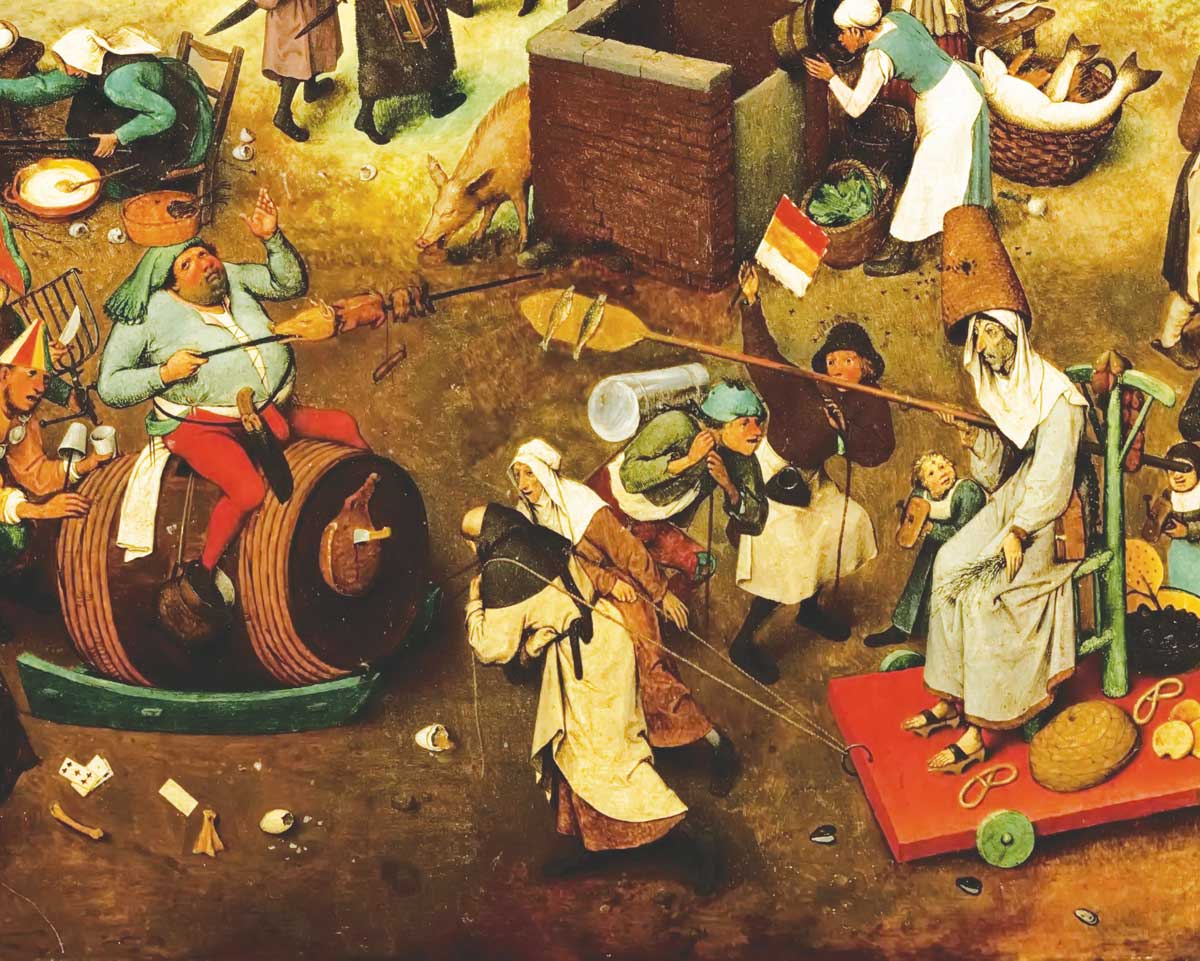View
Faculty in Service
Harold K. Bush, J., on Helping Students Love God by Washing Their Feet
Recently somebody asked me to describe the idea of mentoring and I responded with the first image that popped into my mind: washing dirty feet, an image that drew raised eyebrows from the questioner. Academics live and move and have their being in a culture that generally does not include Bible literacy, and so I needed to explain myself.
I said that mentoring begins with the development of what must become a personal and sacrificial relationship with a protégé. Jesus actually got down on his knees and washed those dirty feet. If we are honest with ourselves, those of us who teach must begin by admitting that (1) if we are to follow this Jesus, we have to go and do likewise, and (2) few of us are actually doing it for our own students.
A Good Day's Work
How do we do this? Here I will speak of my own experience as a teacher, but others in similar positions can easily find their own applications.
First, a mentor must be willing to commit a lot of time and energy to cultivating friendships with a handful of students. Do we put in a good day's work at the office, where we are accessible to our students, as well as to our colleagues (especially those bedraggled assistant professors)? Do we keep the door open? Do we open our homes to our students? If our homes are not comfortable or accessible, do we create spaces outside of normal hours to meet with students, to get to know them as people?
The best mentors I have ever had did all these things, seemingly with ease and delight. One in particular seemed always available, with door open and cold beverages in a dorm-style refrigerator, even though I sometimes appeared when he was right in the middle of some other task. He never minded, or at least he never seemed to mind.
Second, a mentor must confront his own strengths and weaknesses. Mentoring is much more about what kind of person the mentor really is than we want to admit. As the educational theorist Parker Palmer put it in The Courage to Teach, seldom, if ever, do most teachers ask, "Who is the self that teaches? How does the quality of my selfhood form—or deform—the way I relate to my students, my subject, my colleagues, my world?"
Such a view emphasizes that teaching is incarnational at its heart. Palmer quotes from St. Augustine's On Christian Doctrine: "What I would like to know is whether you possess and can accurately impart to others anything supremely important and wholesome?" To be a good mentor requires a healthy and sober understanding of ourselves, of what supremely important and wholesome things (if any) we possess.
A powerful benefit of this sobriety is that the mentor can learn as much as the disciple. The probing questions and moral integrity of certain of my students have forced me to become a better man than I was previously. Their enthusiasm and hunger, and their trust and vulnerability, inspired me to become a better person leading a better life.
Of course, our culture does not encourage us to talk like this. I have been virtually laughed out of certain meetings for saying that teachers need to be "good" persons ("Good!? According to whom!?"), or for asking questions about our perceptions of the integrity of a job candidate. (I distinctly recall in one departmental meeting some very loud, almost dumbfounded guffaws in response to my questions about a certain candidate's character, questions I have never felt like repeating ever since).
Harold K. Bush teaches English at Saint Louis University. His newest book, Mark Twain and the Spiritual Crisis of His Age, will appear in the fall of 2006.
subscription options
Order
Print/Online Subscription

Get six issues (one year) of Touchstone PLUS full online access including pdf downloads for only $39.95. That's only $3.34 per month!
Order
Online Only
Subscription

Get a one-year full-access subscription to the Touchstone online archives for only $19.95. That's only $1.66 per month!
bulk subscriptions
Order Touchstone subscriptions in bulk and save $10 per sub! Each subscription includes 6 issues of Touchstone plus full online access to touchstonemag.com—including archives, videos, and pdf downloads of recent issues for only $29.95 each! Great for churches or study groups.
Transactions will be processed on a secure server.
more on education from the online archives
more from the online archives
calling all readers
Please Donate
"There are magazines worth reading but few worth saving . . . Touchstone is just such a magazine."
—Alice von Hildebrand
"Here we do not concede one square millimeter of territory to falsehood, folly, contemporary sentimentality, or fashion. We speak the truth, and let God be our judge. . . . Touchstone is the one committedly Christian conservative journal."
—Anthony Esolen, Touchstone senior editor






